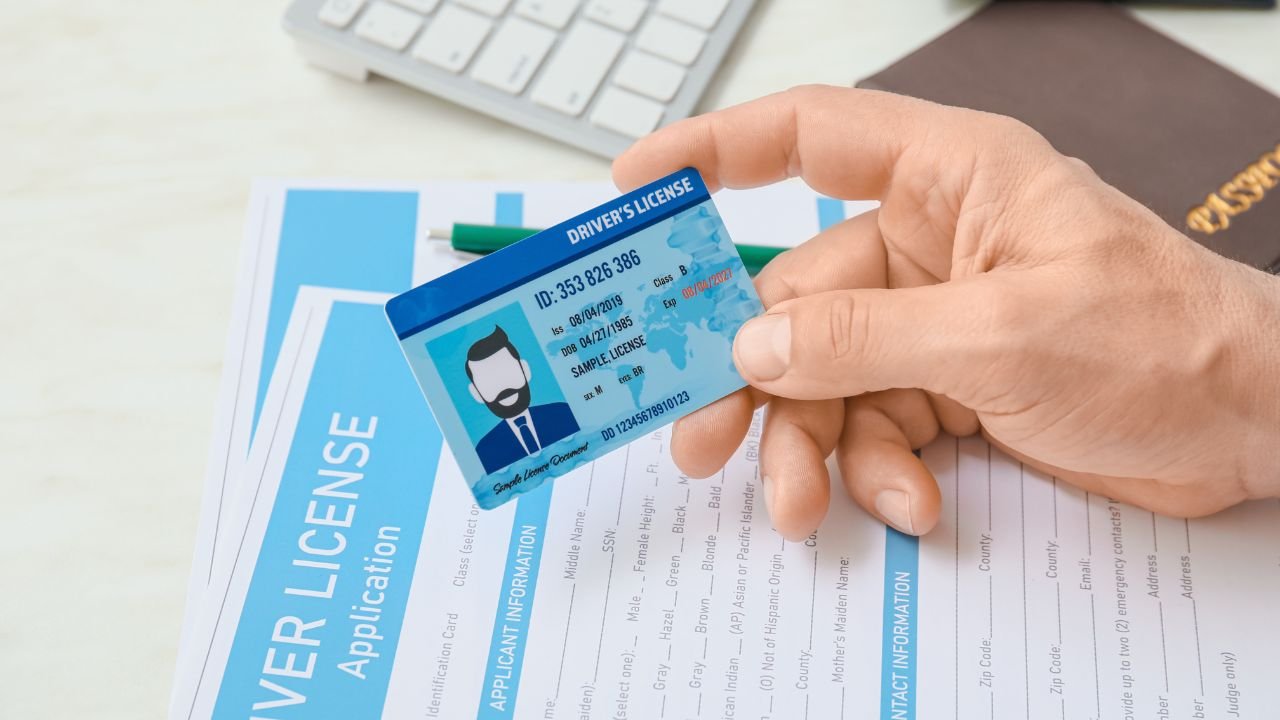In a significant legal development, the High Court of Jammu and Kashmir and Ladakh has reaffirmed that a person holding a driving licence for a Heavy Goods Vehicle (HGV) is legally authorized to operate passenger-carrying transport vehicles as well. This ruling is rooted in the 1994 amendment to the Motor Vehicles Act, which consolidated various commercial vehicle categories into a unified ‘transport vehicle’ classification.
Court Clarifies Legal Competence Under Motor Vehicles Act
Justice Mohammad Yousuf Wani delivered the verdict while dismissing an appeal filed by National Insurance Company Ltd. The company had challenged a Motor Accident Claims Tribunal (MACT) award issued on February 6, 2014. Their contention was based on the argument that the driver involved in the accident did not possess a specific endorsement to operate a Passenger Service Vehicle (PSV).
However, the High Court found this argument lacking in merit. Referring to Section 10(2)(e) of the Motor Vehicles Act post the 1994 amendment, the Court emphasized that all commercial vehicles — whether carrying goods or passengers — fall under the single umbrella of transport vehicles. As a result, the driver in question, who held a valid licence for a heavy goods vehicle, was deemed fully competent to operate a passenger vehicle as well.
“Any person holding a driving licence to drive a heavy goods vehicle would be competent to drive a passenger-carrying vehicle as well,” observed Justice Wani.
Insurance Firm’s Objections Deemed Baseless
The insurer also questioned the tribunal’s decision to award 7.5% interest on the compensation amount, calling it excessive. Additionally, they criticized the closure of evidence proceedings, claiming certain key witnesses were not examined.
The Court, however, dismissed these objections, calling them devoid of substance. It held that the interest awarded was reasonable and that procedural decisions of the tribunal were legally sound.
Reliance on Old Case Declared Invalid
A crucial part of the insurer’s appeal rested on a previous case — Bashir Ahmed Chopan — which they believed supported their argument regarding the necessity of PSV endorsements. However, the High Court dismissed this precedent as per incuriam (a judgment rendered in ignorance of a relevant law).
Instead, the Court upheld the decision in National Insurance Co. Ltd. vs. Mohd. Sadiq Kuchay, where a Division Bench had ruled that PSV endorsements are not required under J&K Motor Vehicle Rules.
This judgment further reinforces the principle that legal interpretations must align with updated statutory provisions, especially when amendments explicitly redefine categories and qualifications.
Compensation to Be Released to Claimants
The High Court directed that the compensation amount, which had already been deposited by National Insurance Company under a 2014 interim order, be released to the original claimants in accordance with the MACT’s award.
Legal Representation
The appellants, National Insurance Company Ltd., were represented by Advocates Dinesh Singh Chauhan and Damini Singh Chauhan.
Key Takeaways
- HGV licence holders can legally drive passenger vehicles under the unified ‘transport vehicle’ category post the 1994 amendment.
- The PSV endorsement is not mandatory under the J&K Motor Vehicle Rules.
- The Court emphasized the importance of following updated legal interpretations over outdated or misapplied precedents.
- All objections raised by the insurance firm — on both technical and procedural grounds — were dismissed as without merit.
This judgment sets a clear precedent for interpreting driver eligibility and insurance liability under the modern framework of Indian transport laws, especially in Jammu & Kashmir and Ladakh.
















